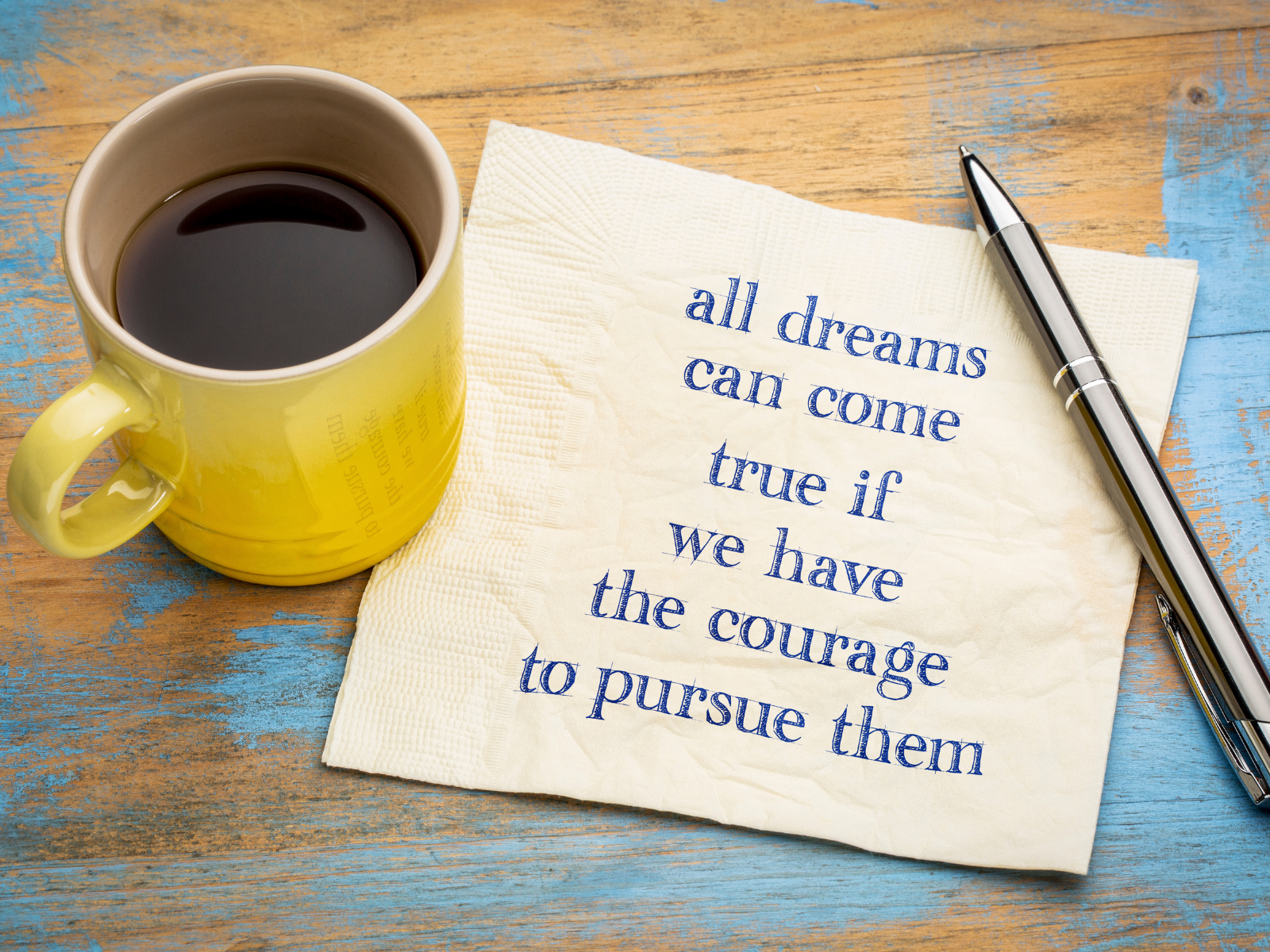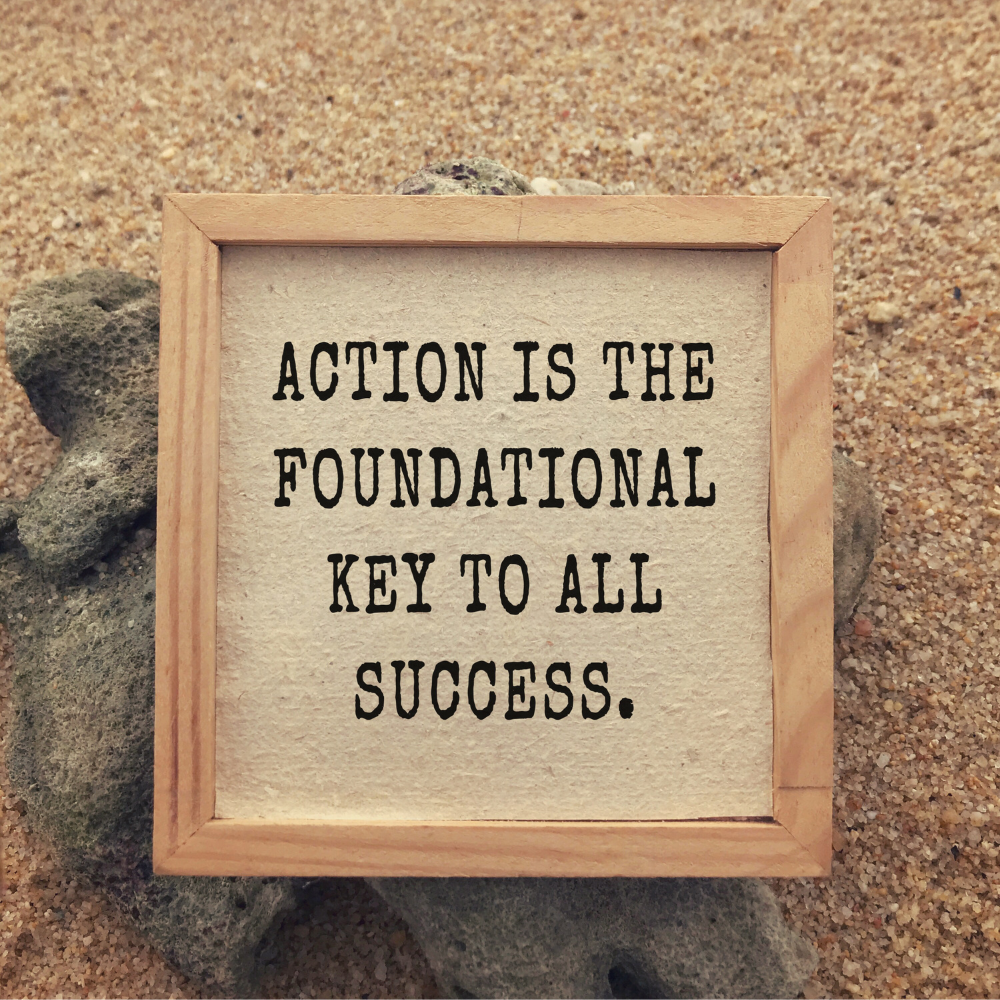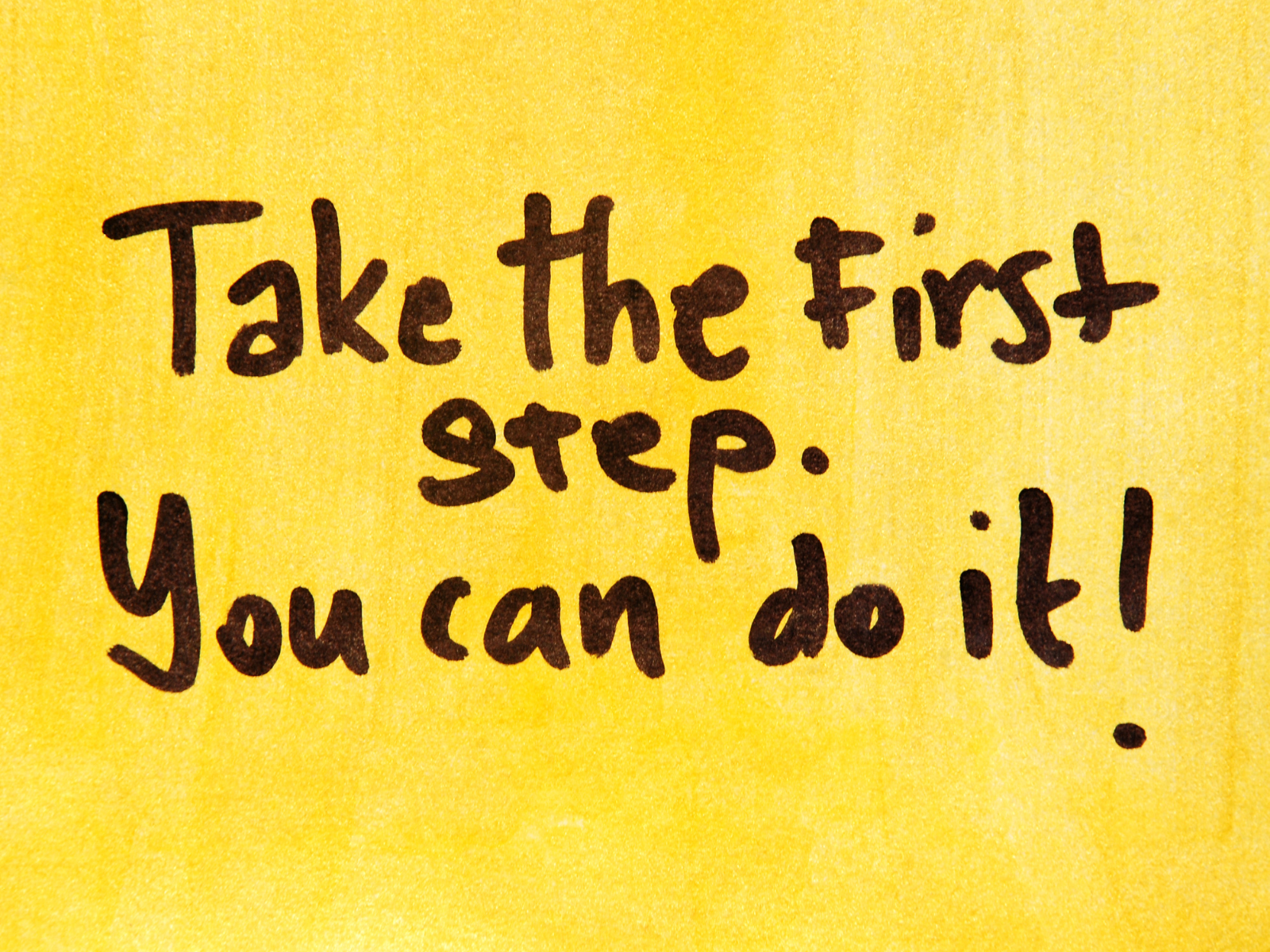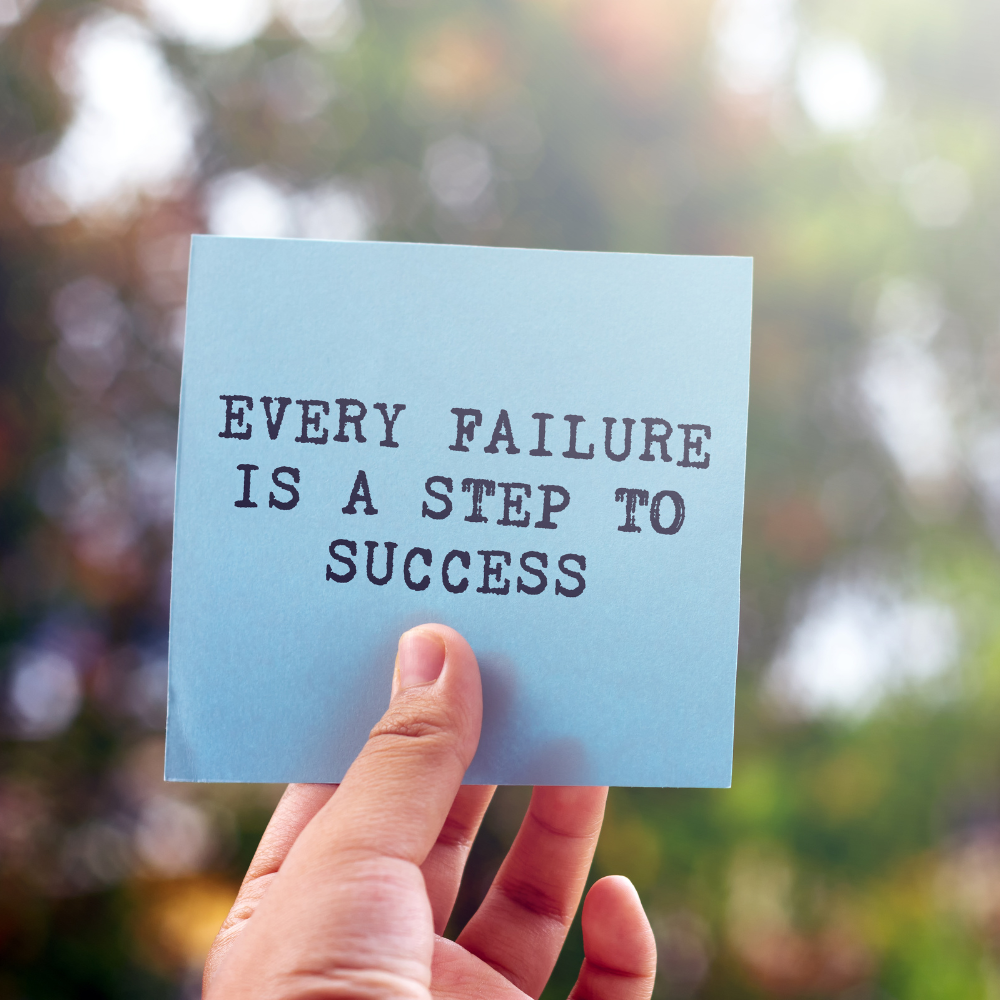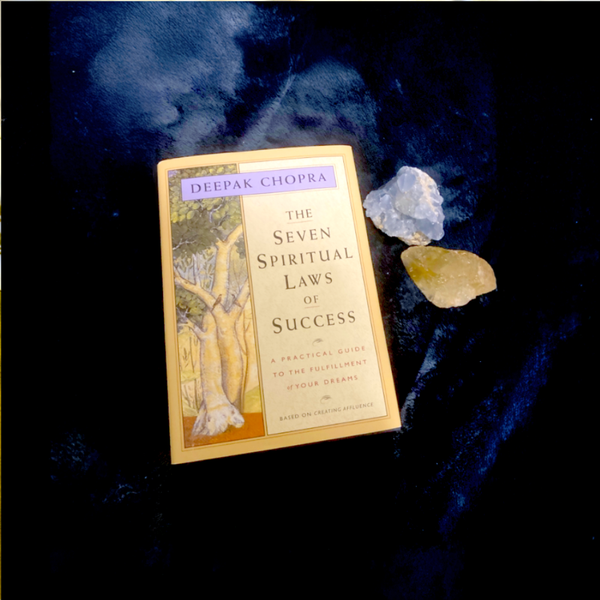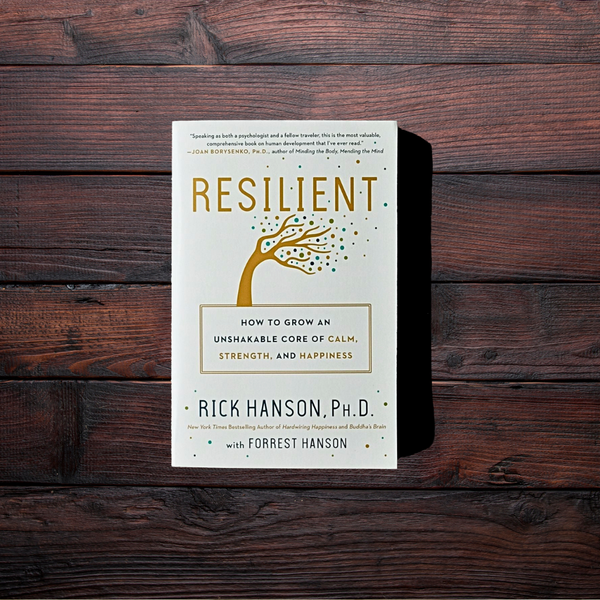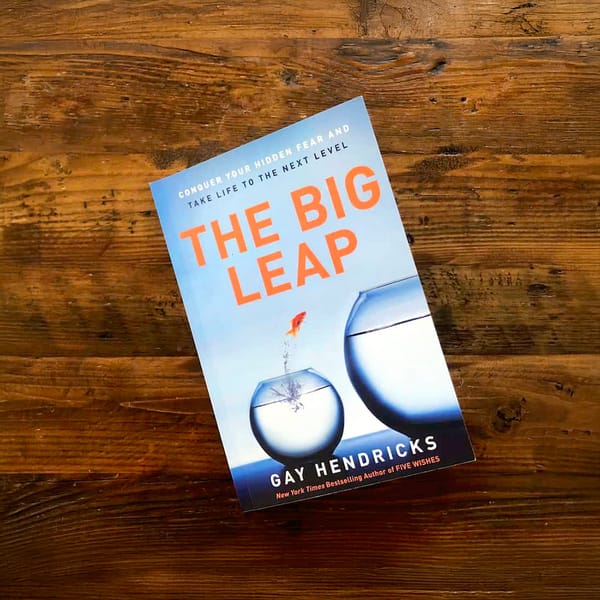Hey, you!
Yes, you...the one who just dropped their metaphorical paintbrush and watched their masterpiece morph into a muddled mess.
Don't fret, my friend, because today we're diving into the chaotic, yet curiously captivating world of...wait for it...FAILURE!
Failure: it's a word that sends shivers down the spine of many, especially those of us in the realm of creativity.
Failure is an inevitable part of life and it happens to everyone, no matter how successful or talented they may seem.
However, the fear of failure can hold us back from taking risks and trying new things.
This fear can limit our potential for growth and prevent us from reaching our goals.
We're conditioned to view failure as a negative outcome, a sign of incompetence or inadequacy.
But what if we've been looking at it all wrong?
What if failure, rather than being an enemy, could be our greatest ally on the path to success and self-improvement?
Enter the art of failure.
Embracing failure as an essential part of the creative process can not only help us overcome our fears, but also lead to innovation and growth.
In this blog article, we will delve into the intriguing concept of failure and discover how we can leverage its immense power to revolutionize our lives.
If you're prepared to relinquish your fear and wholeheartedly embrace the art of stumbling, then let's dive in!
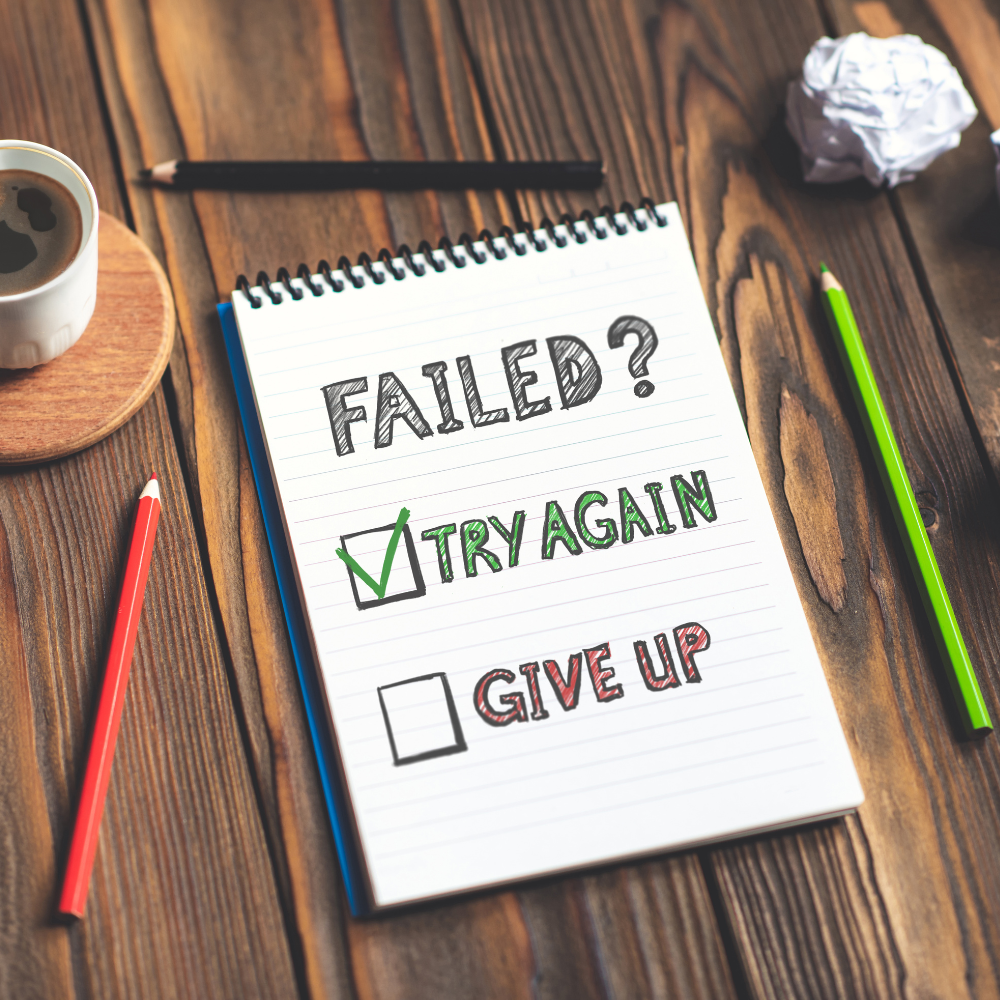
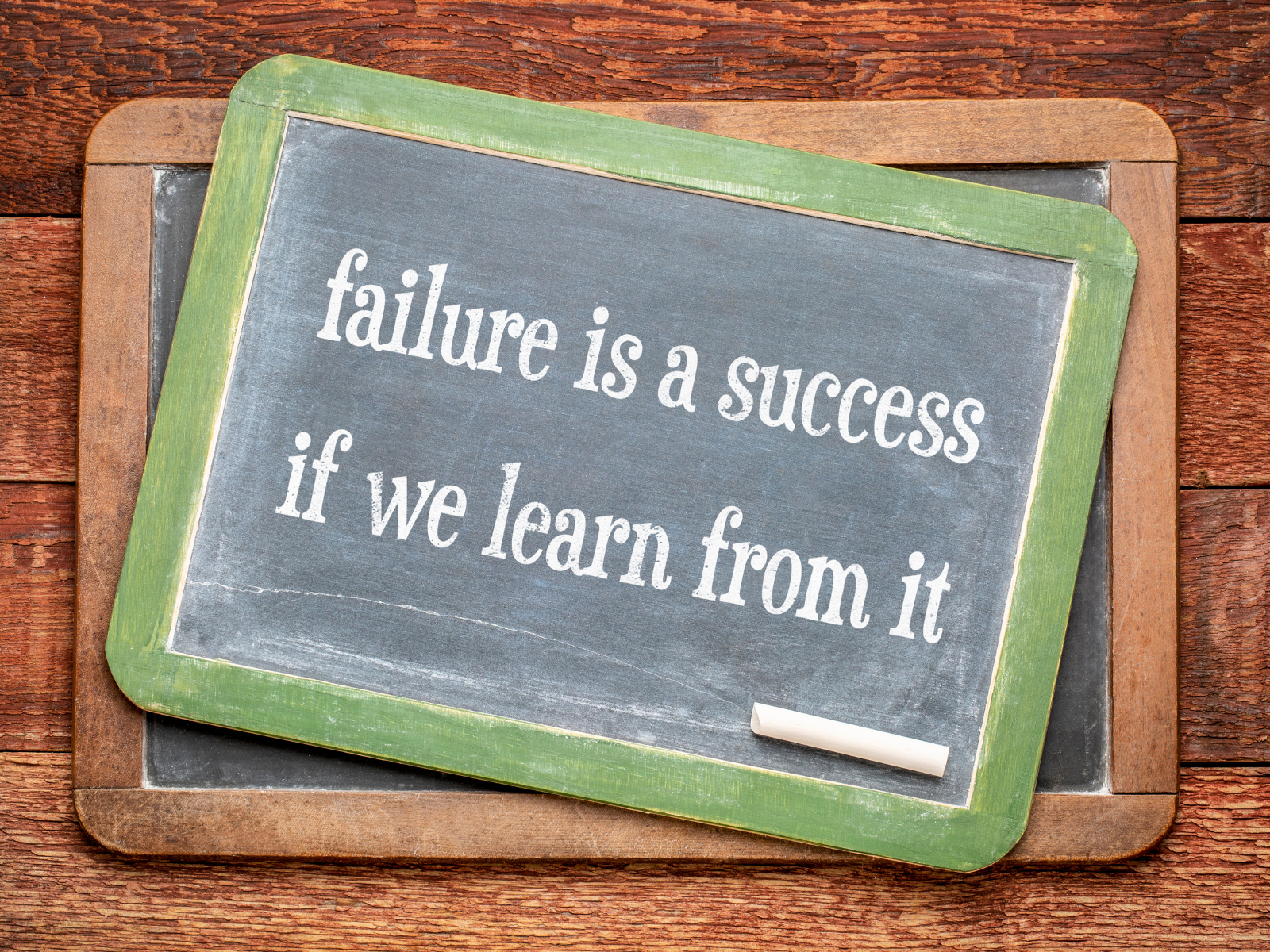
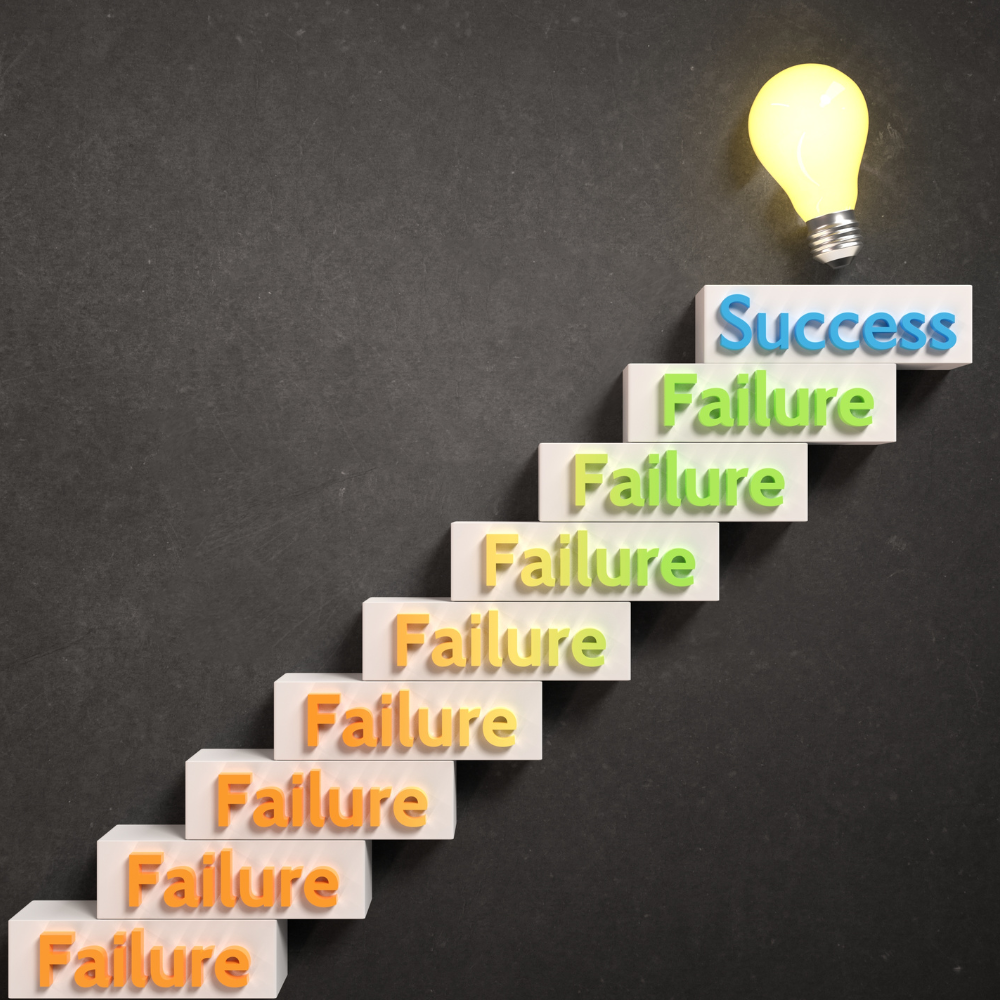
The "F" Word No One Wants to Talk About
Let's be real, failure is the uninvited party guest who spills red wine on your brand new white couch.
But what if I told you that this clumsy guest could be the life of your creative party?
Yes, you heard me right; it's time to embrace the art of failure.
But first, we need to debunk the myths surrounding this four-letter word.
- Myth #1: Failure Equals Defeat
We often equate failure with defeat and view it as a dead-end or a sign of weakness.
But in reality, failure is just a stepping stone on the path to success.
It's not the end of the road, but rather a detour that can lead us to unexpected and valuable insights.
- Myth #2: Failure is Permanent
We tend to think of failure as a permanent state, something we cannot recover from.
But the truth is, failure is only temporary and doesn't define our abilities or worth as individuals.
It's not about how many times we fail, but rather how we learn and grow from those failures.
- Myth #3: Failure is a Bad Thing
Society has taught us that failure is inherently bad and something to be ashamed of.
But in reality, failure can be a catalyst for personal growth and success.
It allows us to learn from our mistakes, adapt, and improve ourselves.
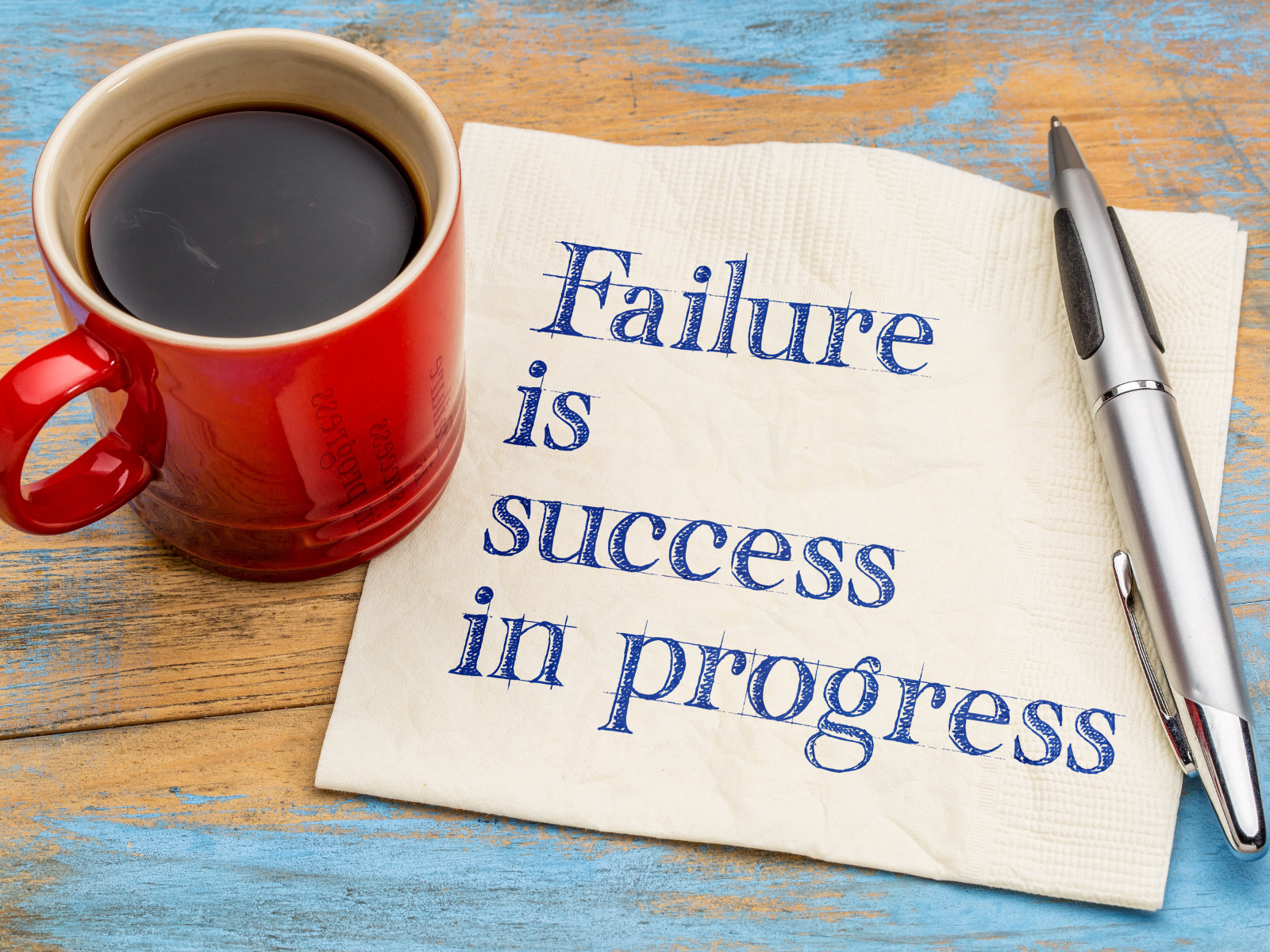
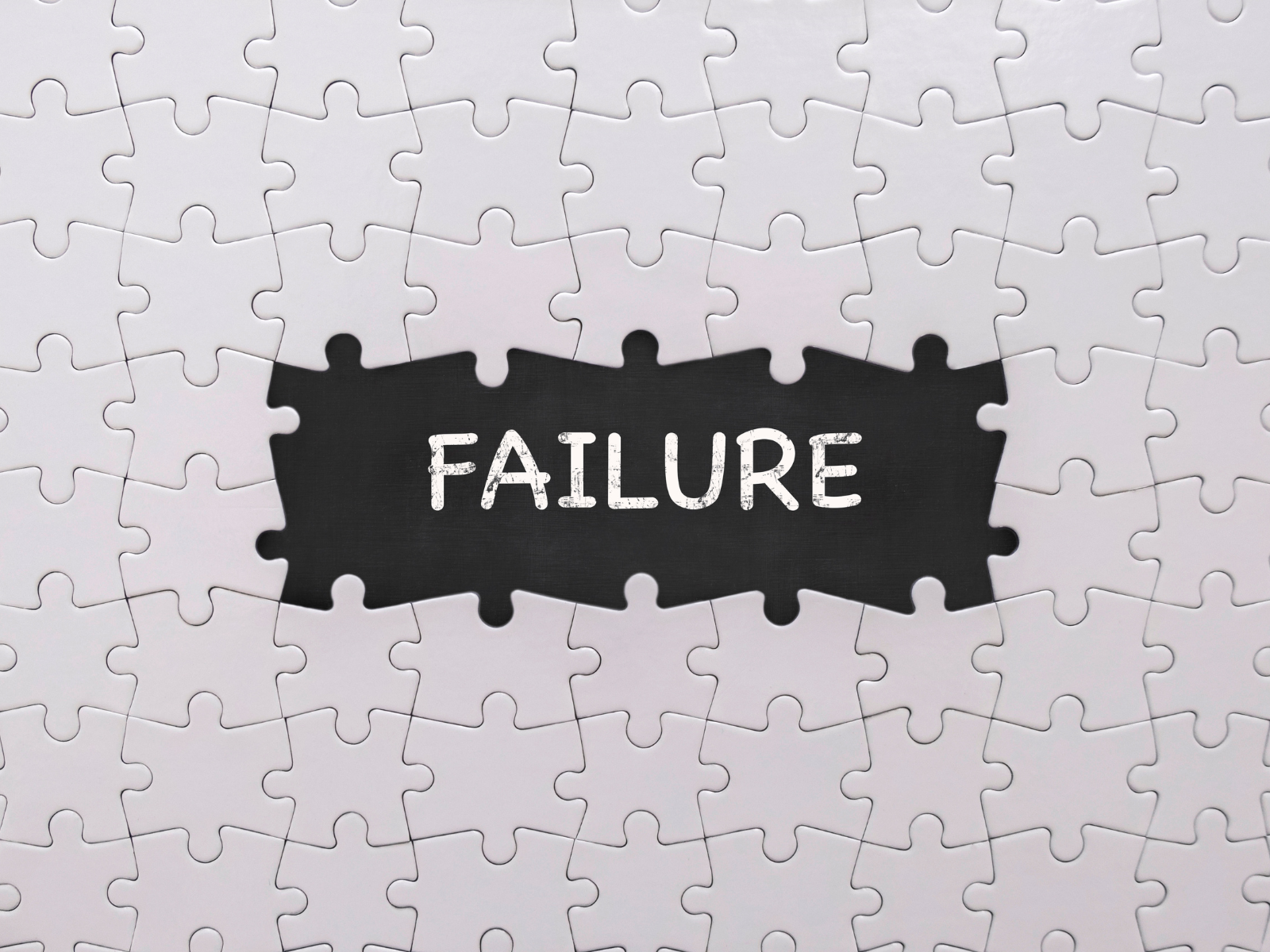
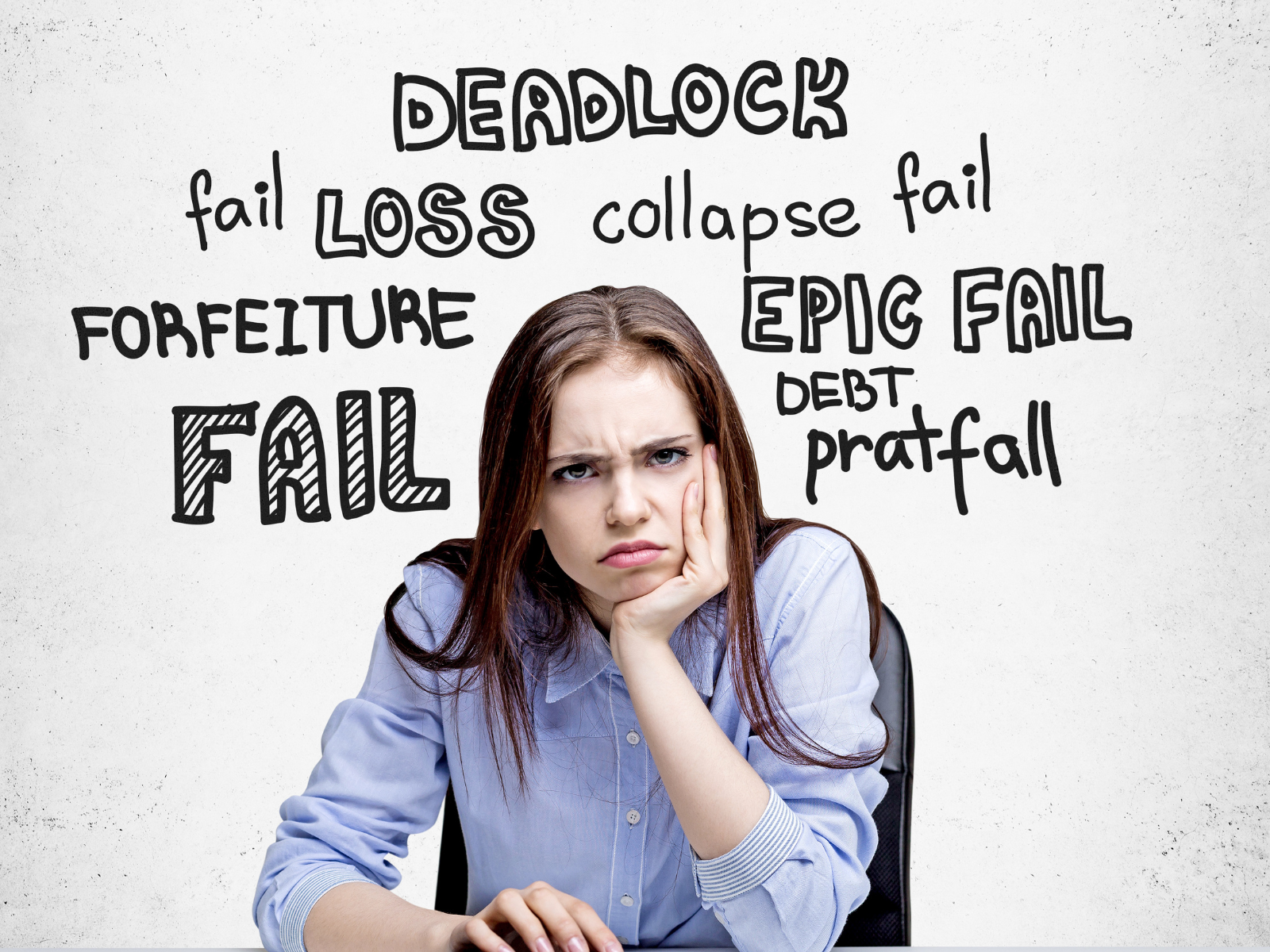
The Fear of Failure
The fear of failure is a common feeling that can manifest in various aspects of our lives.
It's the underlying anxiety that creeps up when we're faced with uncertainty or potential risks.
For creative individuals, this fear can be amplified as our work is often deeply personal and reflects a part of ourselves.
But this fear can also be paralyzing, preventing us from taking necessary risks and hindering our growth.
So, why do we fear failure so much?
One reason may be that we've been conditioned to view failure as something negative and shameful.
We're taught that success is the ultimate goal and failure only leads to disappointment and rejection.
However, this mindset limits our potential for growth and overlooks the valuable lessons that failures can teach us.

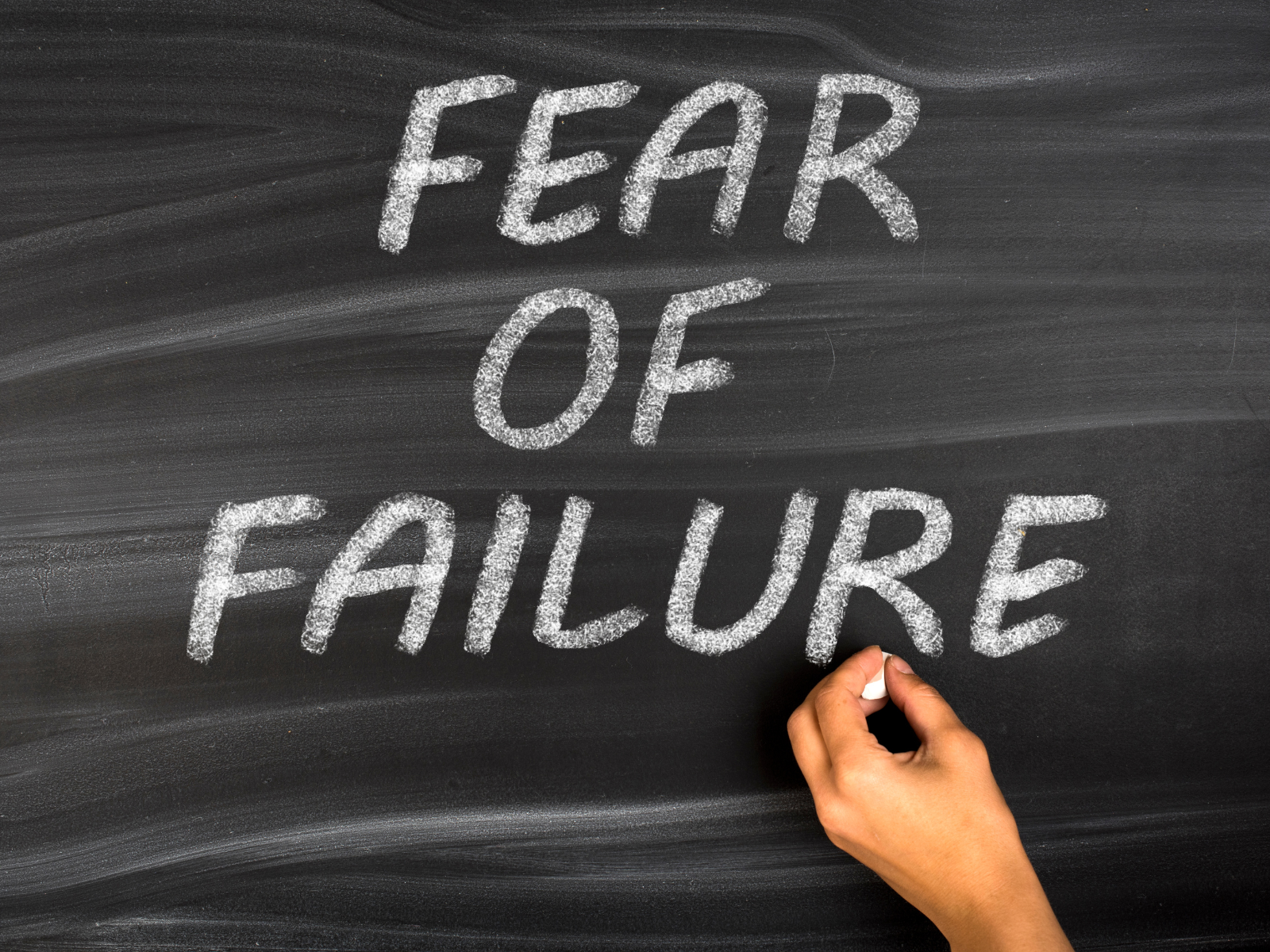
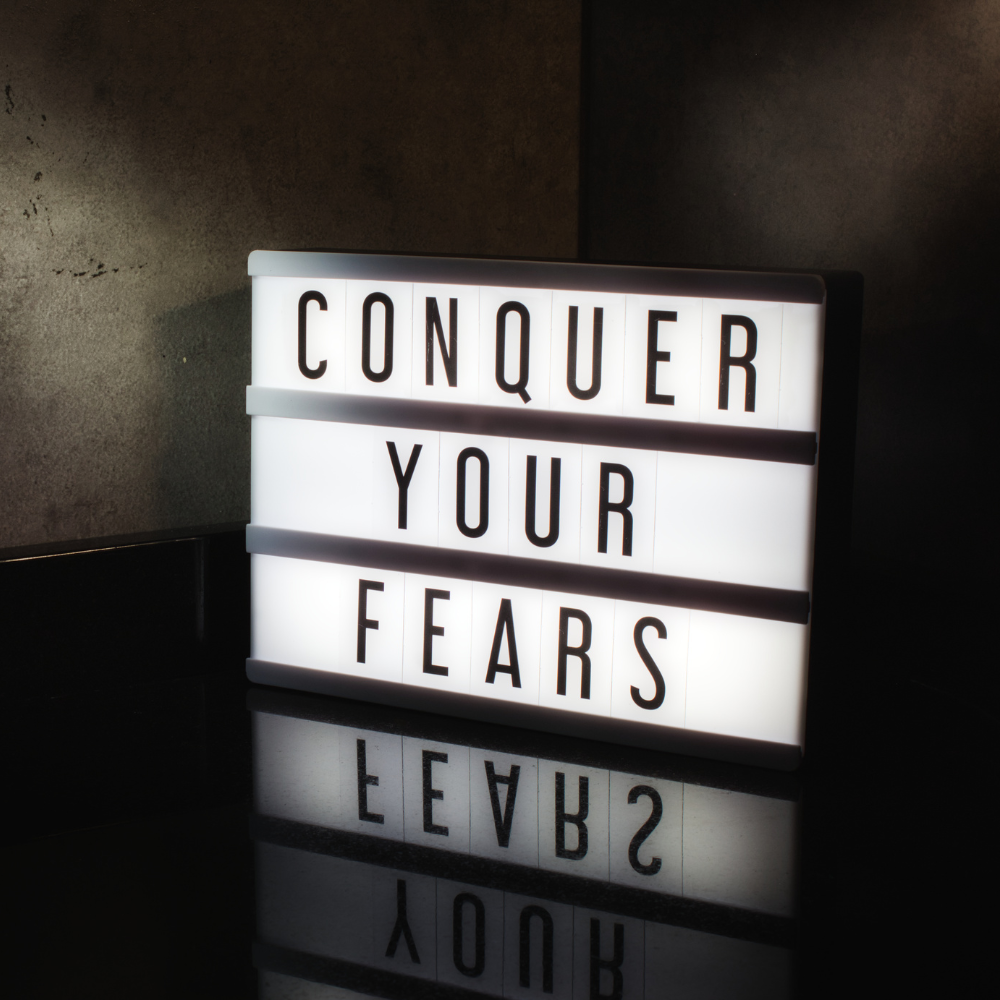
The Good, Bad, and Utterly Failed Attempts
Think about it.
How many stories of successful people start with, "I got it right on the first try"?
Probably not many.
In fact, most success stories are filled with tales of failures and obstacles that were ultimately overcome.
Odds are, they all start with, "I failed, again and again, until..."
Until what? Until they got it right.
The truth is, failure is not an enemy to be avoided at all costs.
Instead, it's a necessary part of the journey towards success and personal growth.
It allows us to learn from our mistakes, adapt, and improve ourselves in ways we never thought possible.
The reality is, failure isn't just an annoying roadblock on your path to success.
It's the secret sauce, the magic ingredient, the...okay, you get it.
It's important. And here's why: every time you fail, you learn something new.
You discover what doesn't work and get one step closer to finding what does.
Failure is an essential part of the learning process, and without it, we would never be able to innovate and grow.
Whether playing video games, competing in sports, or engaging in the fine arts, failure is a necessary stepping stone towards mastery.
The singular art form that requires the most failures? Life.
We all make mistakes, take wrong turns, and stumble along the way.
But each time we fail, we learn something new about ourselves and our abilities.
And ultimately, it's those lessons that help us reach our full potential.
So, the next time you fail, don't let it defeat you.
Instead, embrace the fumble and use it to fuel your creative fire.
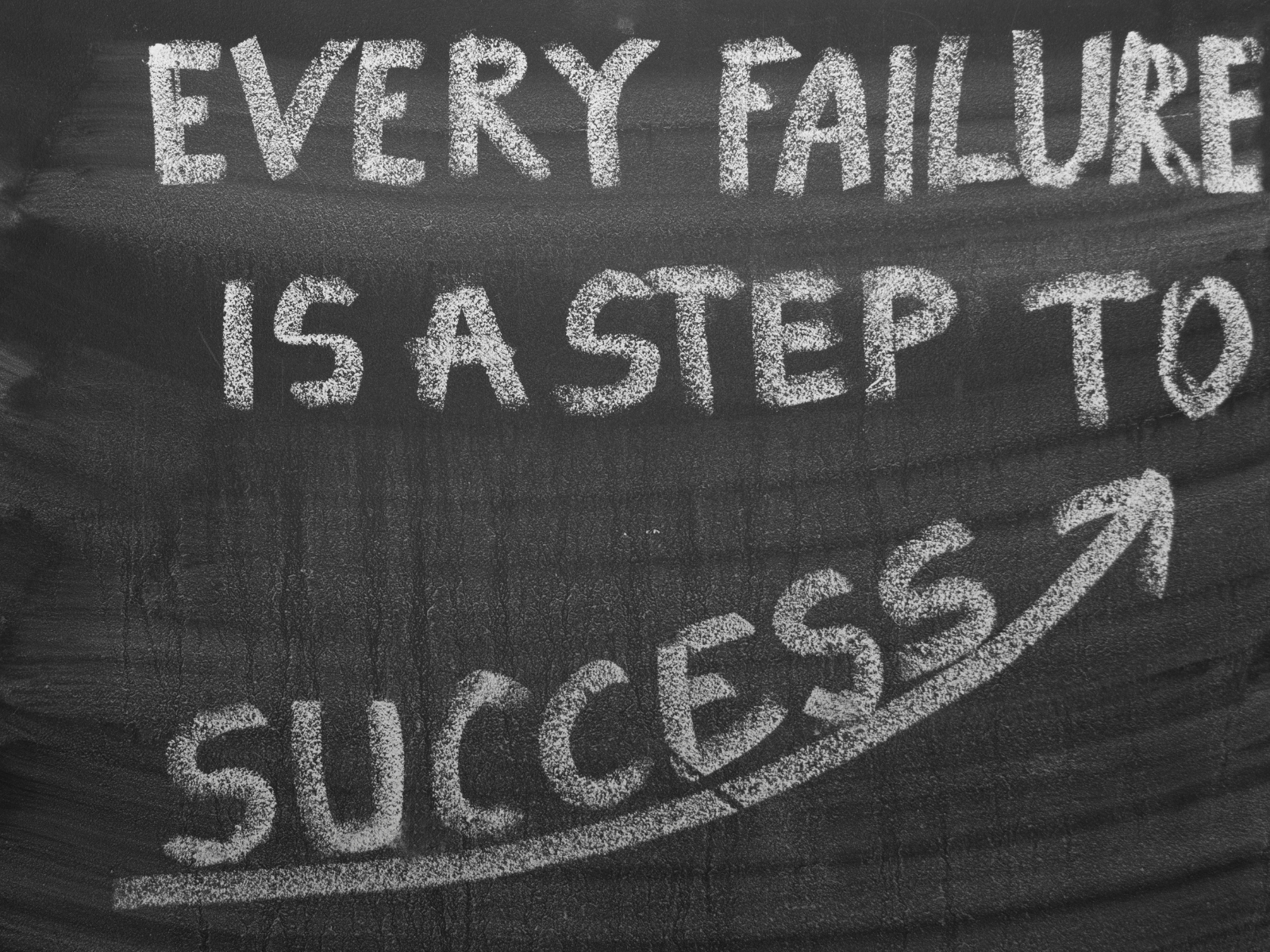
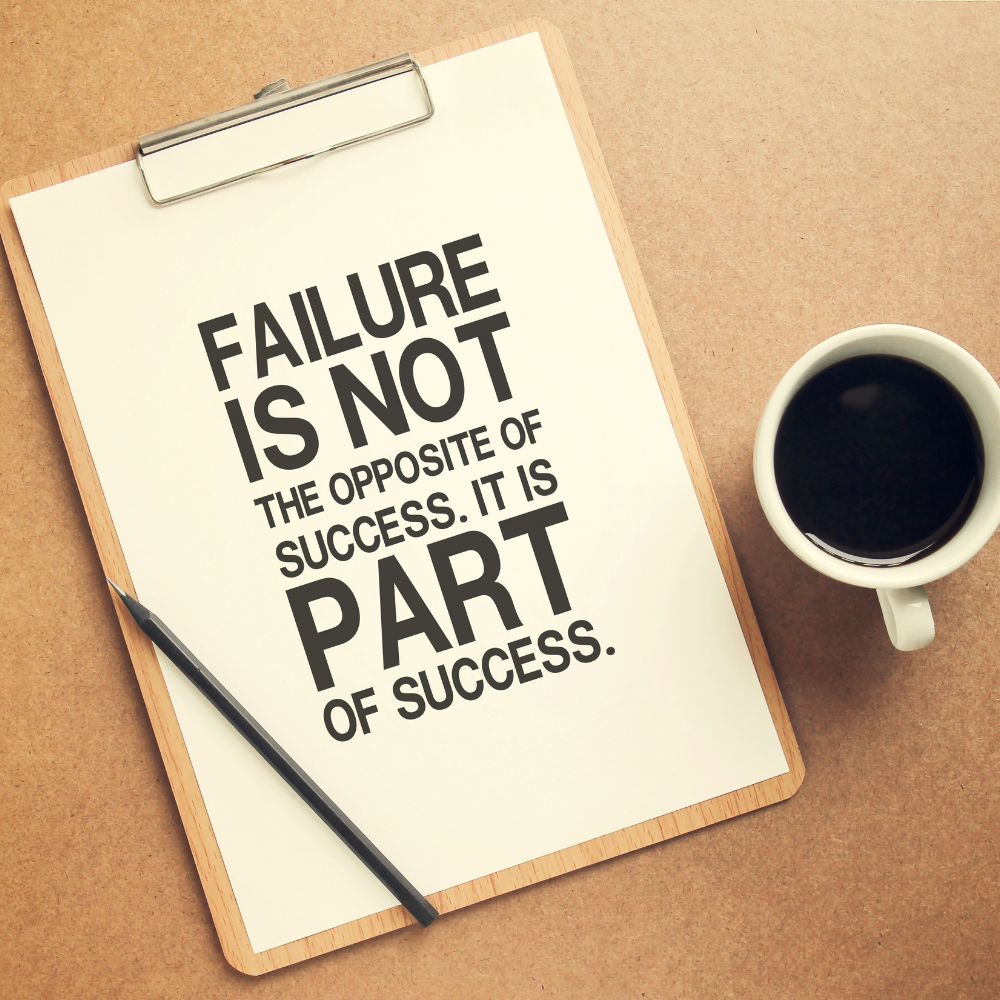
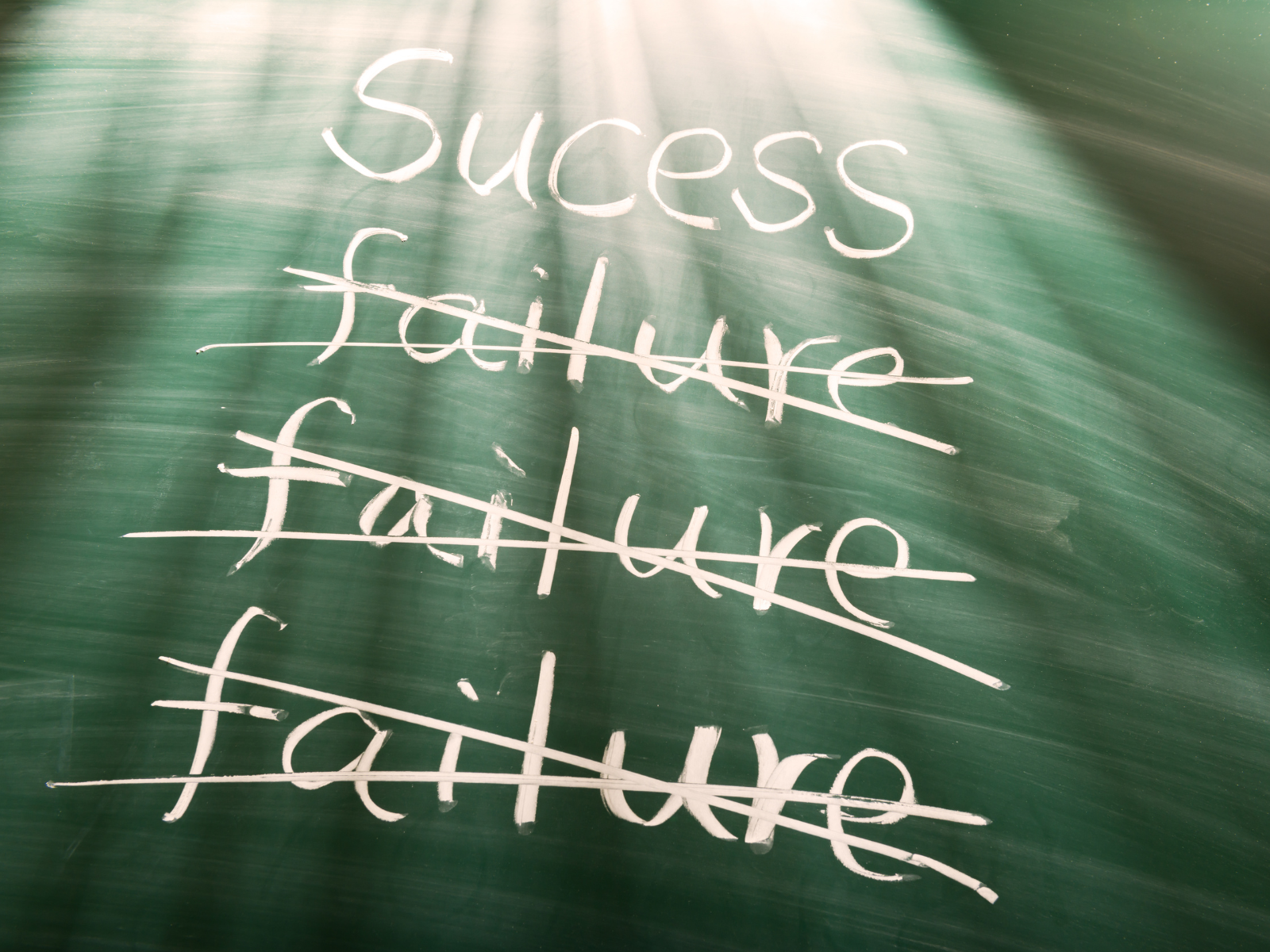
The Fine Line Between Success and Failure
In the age of digital creation, we can experience a dozen failures before lunchtime.
But this is not a bad thing. The faster we fail, the quicker we can learn from our mistakes and move on to our next attempt.
By being willing to fail and lose our way, we open ourselves up to new perspectives and unexpected solutions.
This is especially relevant for creators who often need to think outside the box and defy conventional norms to produce truly unique and groundbreaking work.
It also helps us build resilience and develop a growth mindset, which is essential in the fast-paced and ever-changing world we live in.
Improving skills, engaging in essential reading, playing games, and even working out can all help us build a mindset that welcomes failure.
Using failure as a tool for growth and central enjoyment will set you up for success in your personal and professional life.
So, the next time you encounter an obstacle or make a mistake, remember that it's not the end.
Embrace the art of failure and use it as a stepping stone towards becoming your best self.

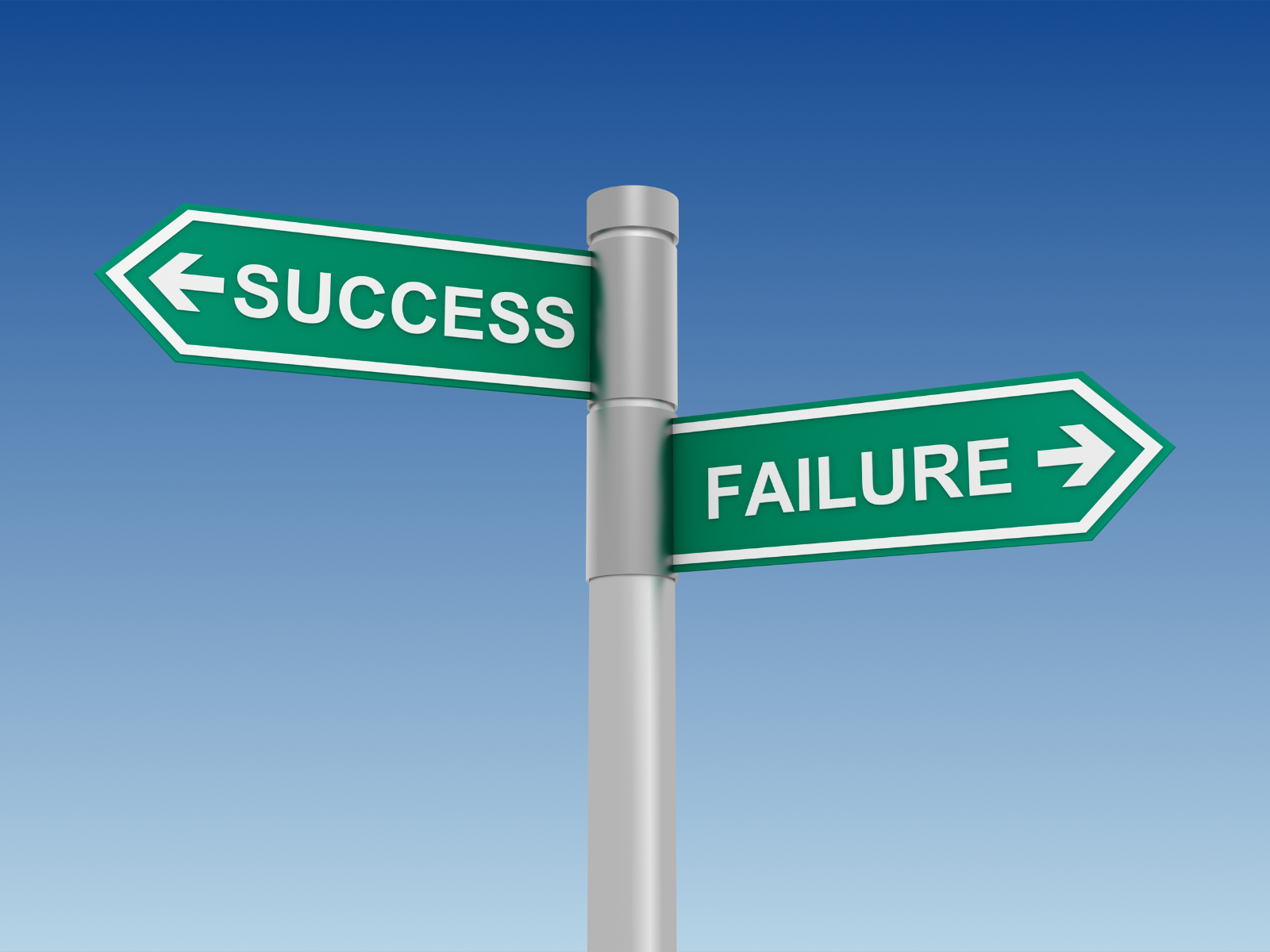
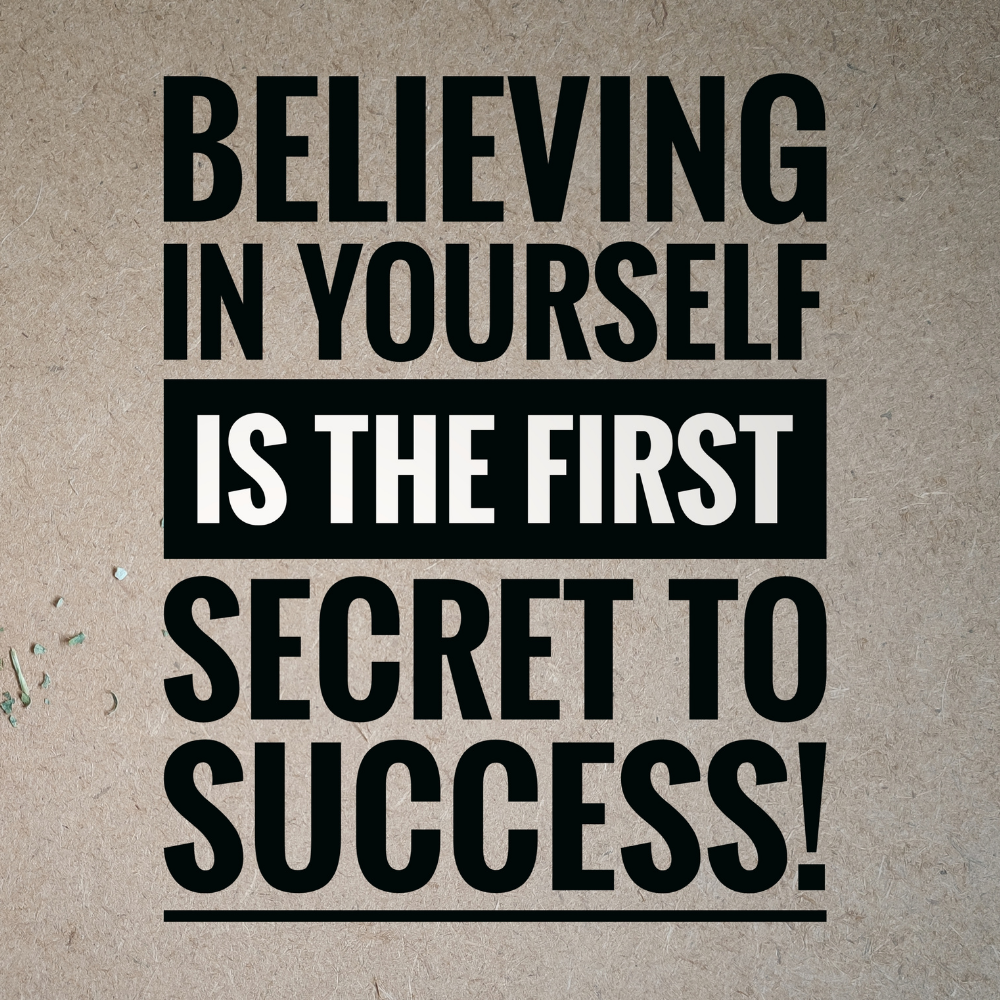
The Unexpected Benefits of Failure
Failure is not just a natural part of experimentation—it's essential.
It's through our failures that we learn, grow, and ultimately improve.
Each time we fail, we gain valuable insights about what doesn't work, enabling us to refine our approach and inch closer to success.
Additionally, failures can also lead us to unexpected opportunities and solutions that we otherwise would not have considered.
Embracing failure allows us to take risks and think outside the box, ultimately leading to innovation and growth.
And let's not forget the most significant benefit of all: failure teaches us resilience.
It strengthens our ability to bounce back from setbacks and keep moving forward, even in the face of adversity.
In a world full of uncertainties, resilience is a vital skill.
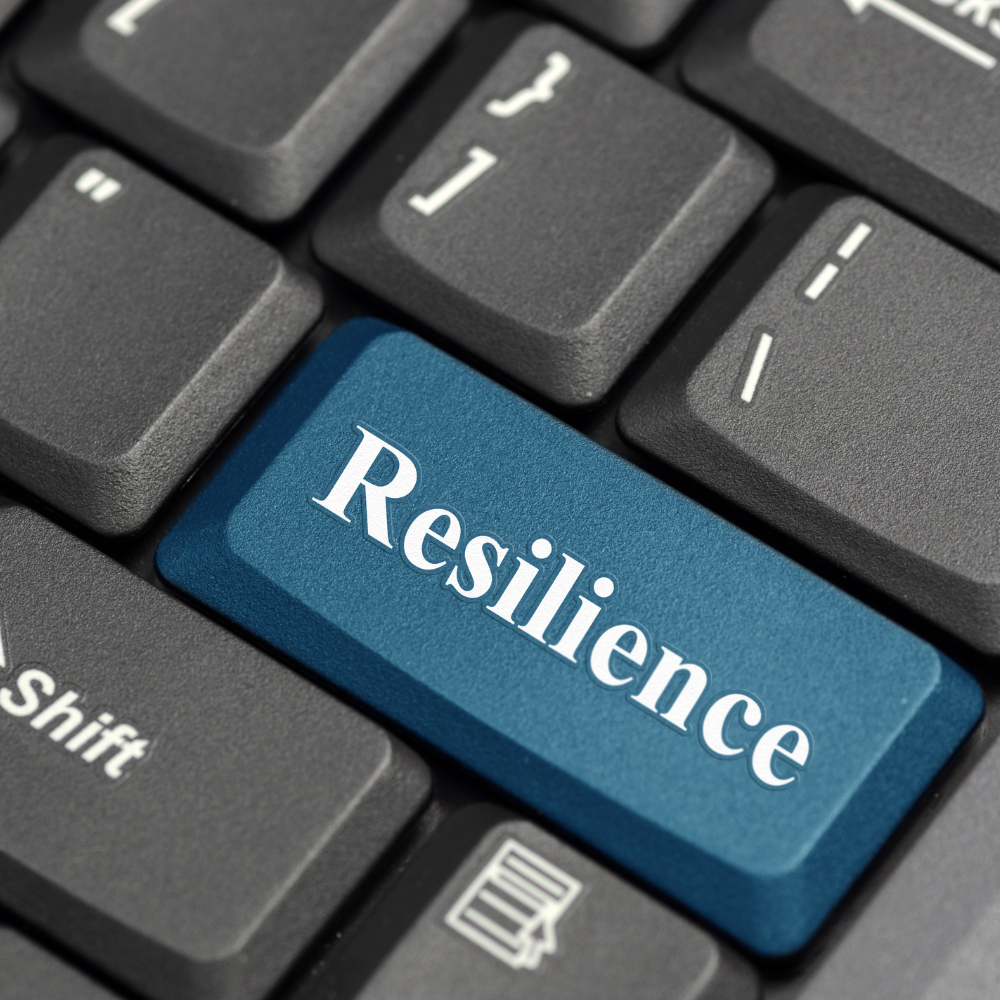
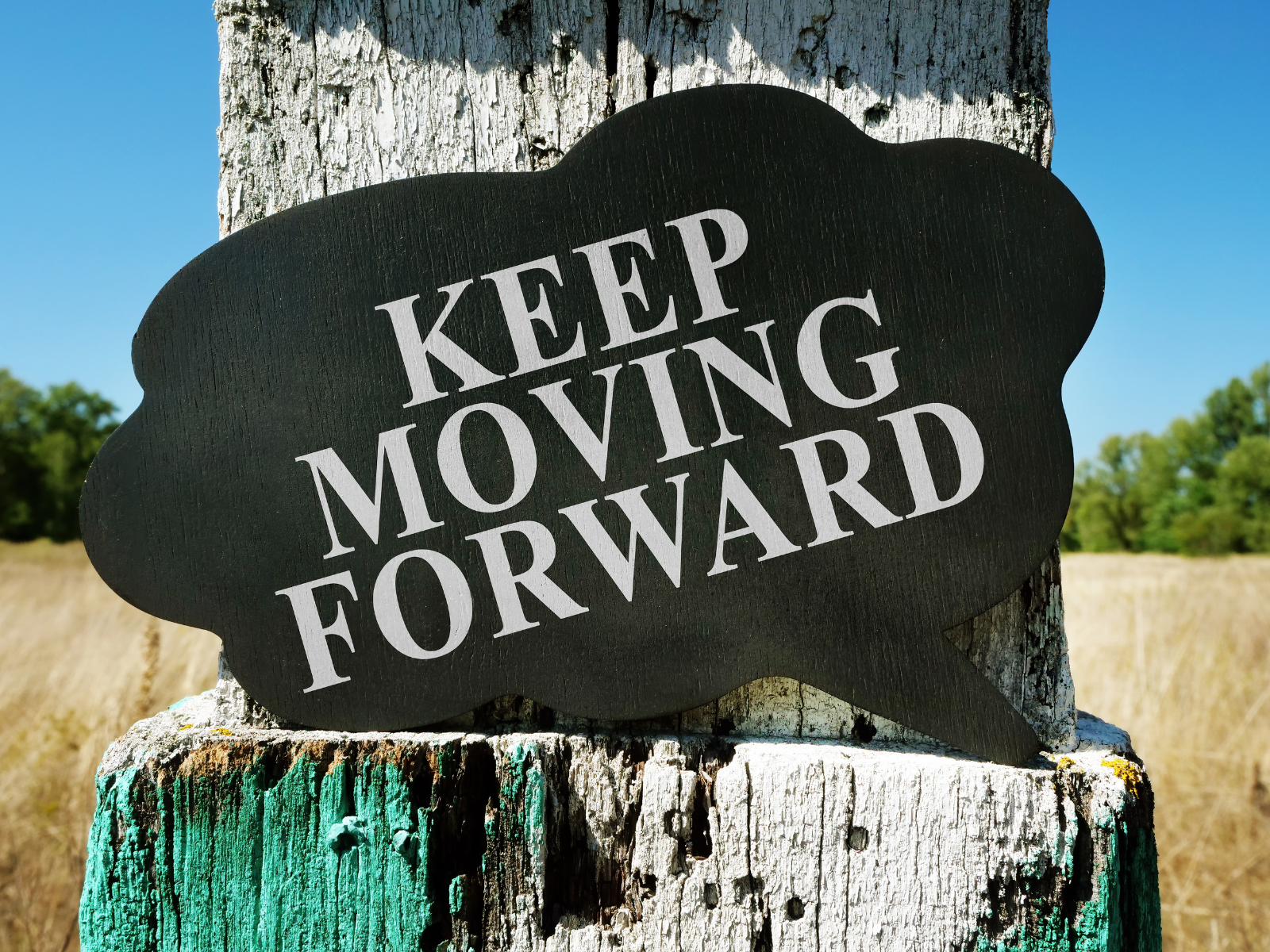
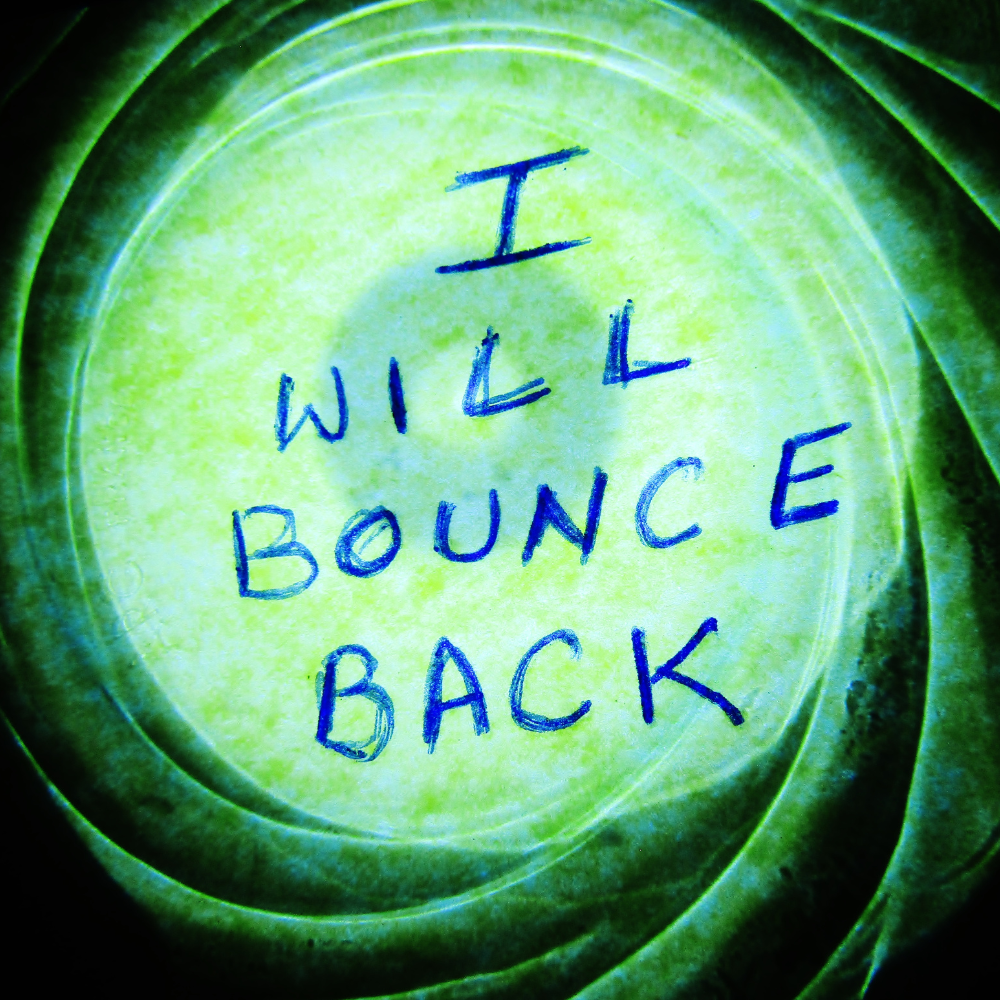
Failure as Personal Growth
Author of the book "The Art of Failure," Jesper Juul, points out when you play video games and fail, you, not a character, are the person who failed.
You have to admit it, analyze why you failed, and try again in a new way.
This is what makes video games so addictive; we get better by failing.
Jesper Juul claims video game playing is a ritualized form of failure.
If you fail at a task and say, I can't learn this, then move on to something else?
You haven't really failed; you have only given up!
The real failure is not accepting the challenge and growing from it.
Similarly, failure in our personal lives can also lead to tremendous growth because when you fail, you're actually learning.
We often learn more about ourselves and our abilities through our failures than we do through our successes.
This allows us to become more resilient, adaptable, and ultimately, more successful individuals.
Rather than viewing failure as an enemy, try to see it
Each failure teaches you something new, and with that knowledge, you can adapt and try again.
When we recognize that we've fallen short, we're driven to improve and overcome the challenge.
This principle applies to all creative endeavors.
Each failure is a personal challenge, spurring us to do better, to be better.
The same principle applies to life; every time we fail, we have the opportunity to learn and grow.
By embracing our failures and using them as fuel for personal growth, we can develop resilience, problem-solving skills, and an open-minded attitude towards challenges.
This mindset shift can lead to a more fulfilling and successful life in all aspects.
Improving is a fundamental desire of human nature, and failure is an essential ingredient for this growth to take place.
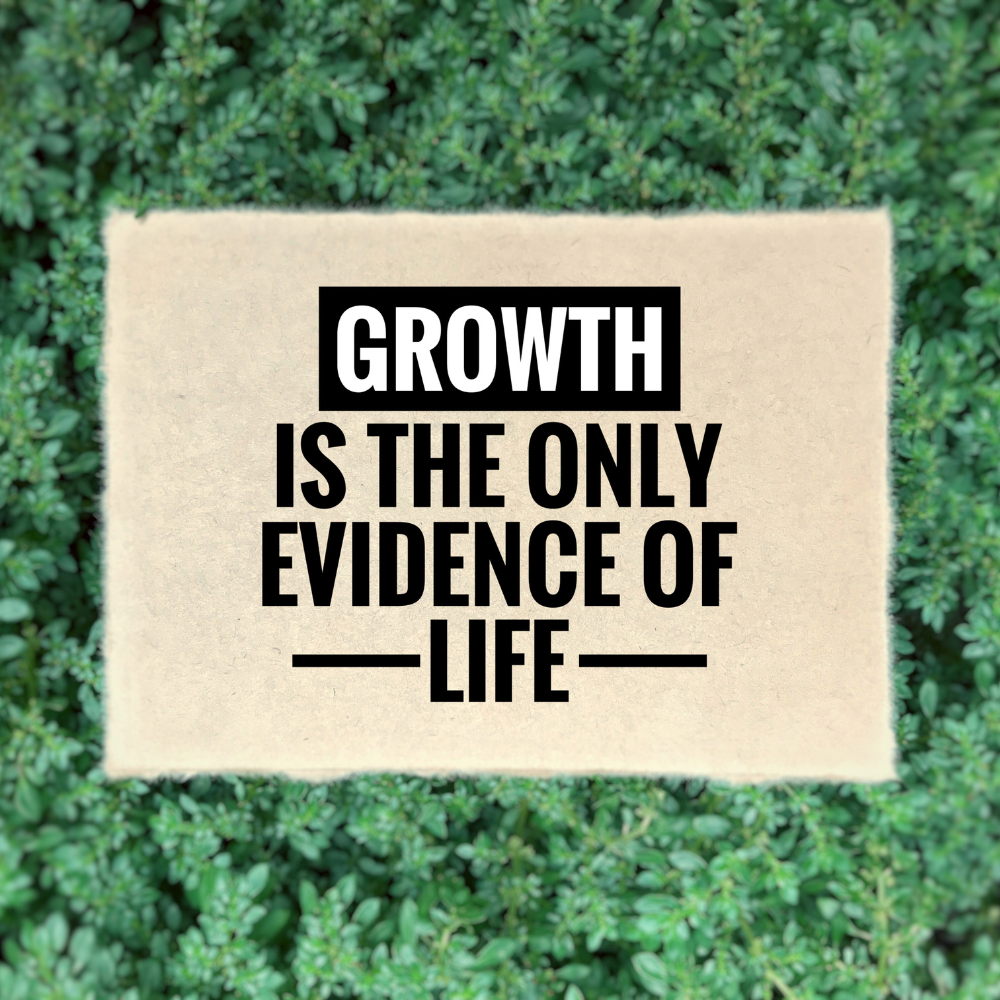
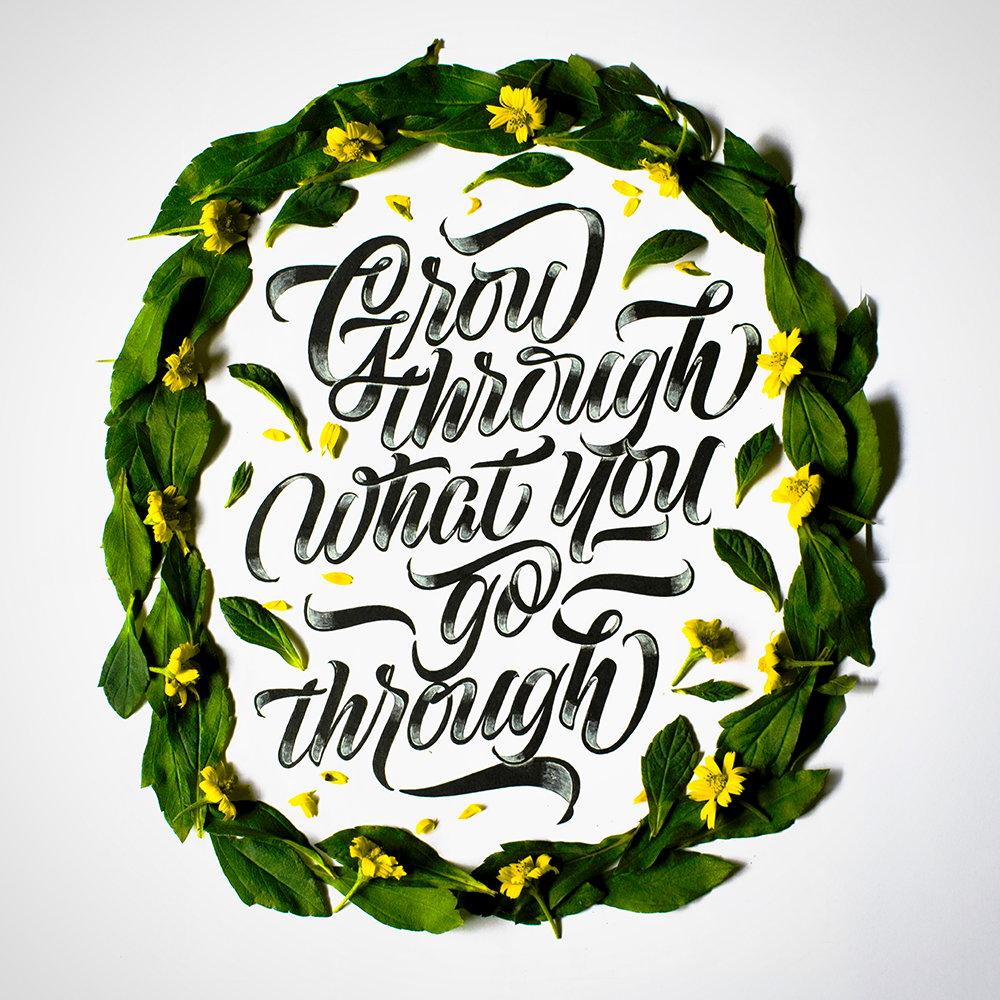
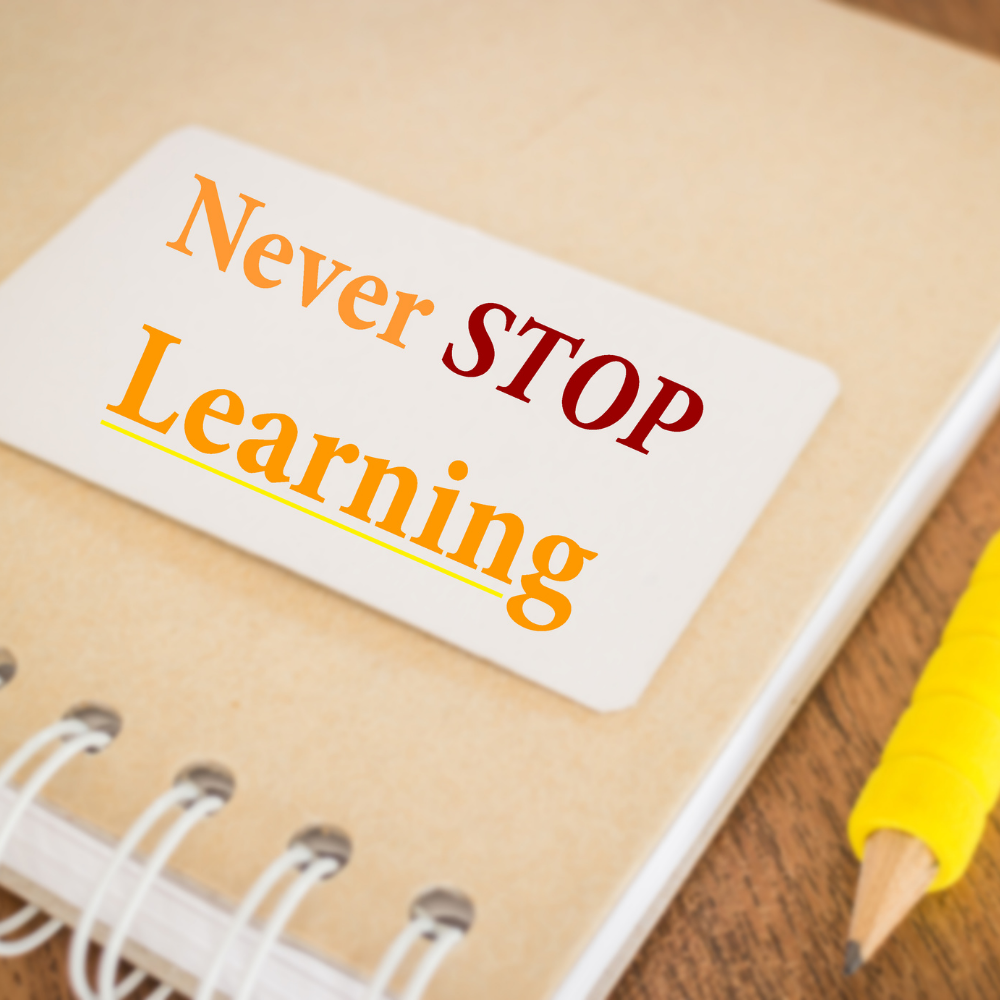
Embracing Failure: A Mindset Shift
Okay, I know what you're thinking.
"Embrace failure? Easier said than done."
And yes, it's not always easy to let go of our fear and embrace failure as a path to success.
But with practice, we can shift our mindset and see failure in a new light.
So how can we, as creators, overcome our fear of failure and start viewing it as a valuable learning opportunity?
Here are some practical tips and steps:
- Re-frame Your Perception: Start seeing failure not as a setback but as a stepping stone towards success.
- Learn from Each Failure: Analyze what went wrong and why. Use these insights to refine your approach and increase your chances of success in the future.
- Celebrate Failure: Yes, you read that right. Celebrate each failure because it means you've tried. You've taken a risk. And that's something to be proud of.
- Be Persistent: Don't let failure deter you. Keep trying, keep failing, and keep learning. Remember, persistence is key to success.
- Embrace the Mess: You know that saying, "The master has failed more times than the beginner has even tried"? Keep that in mind the next time you're knee-deep in crumpled sketches or drafts.
- Laugh it Off: Humor can be a great coping mechanism. So next time you fail, chuckle, shake your head, and say, "Well, that's one way not to do it!"
- Learn and Grow: Don't just fail, fail forward. Take each failure as an opportunity to learn something new and improve your skills.
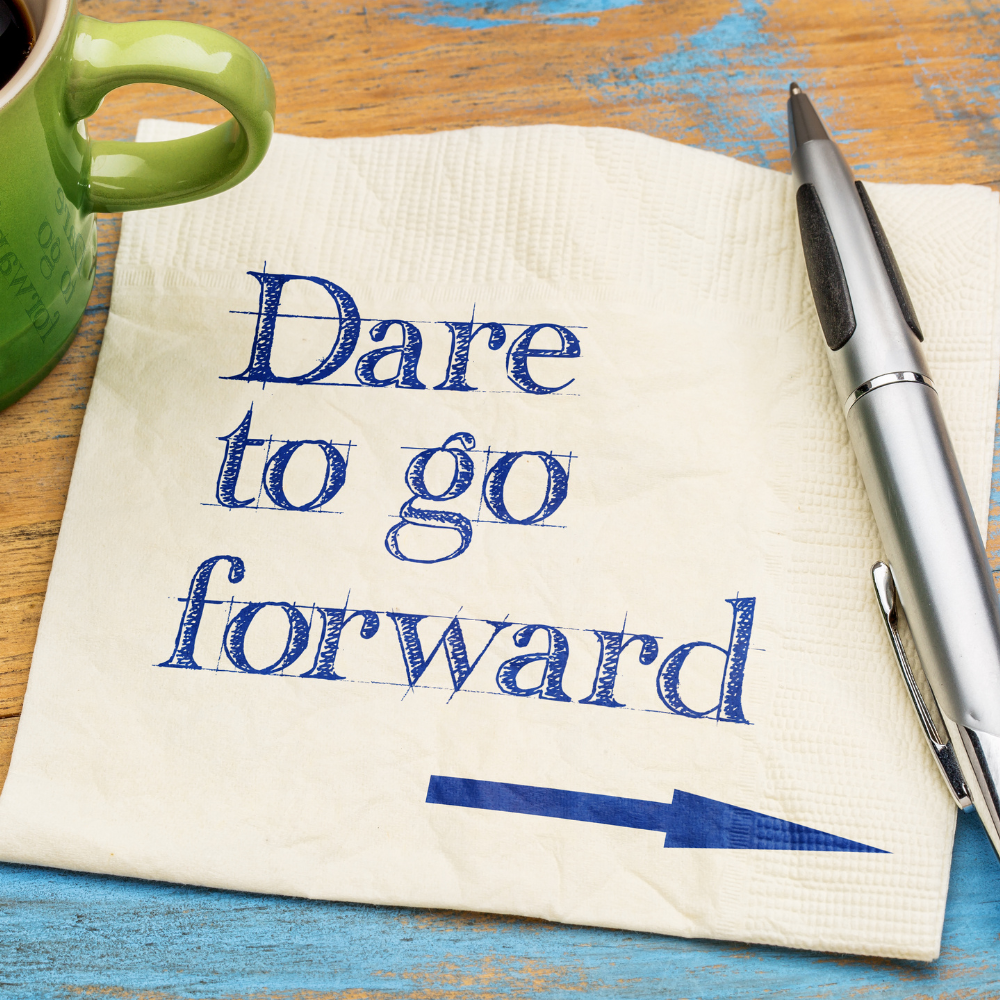
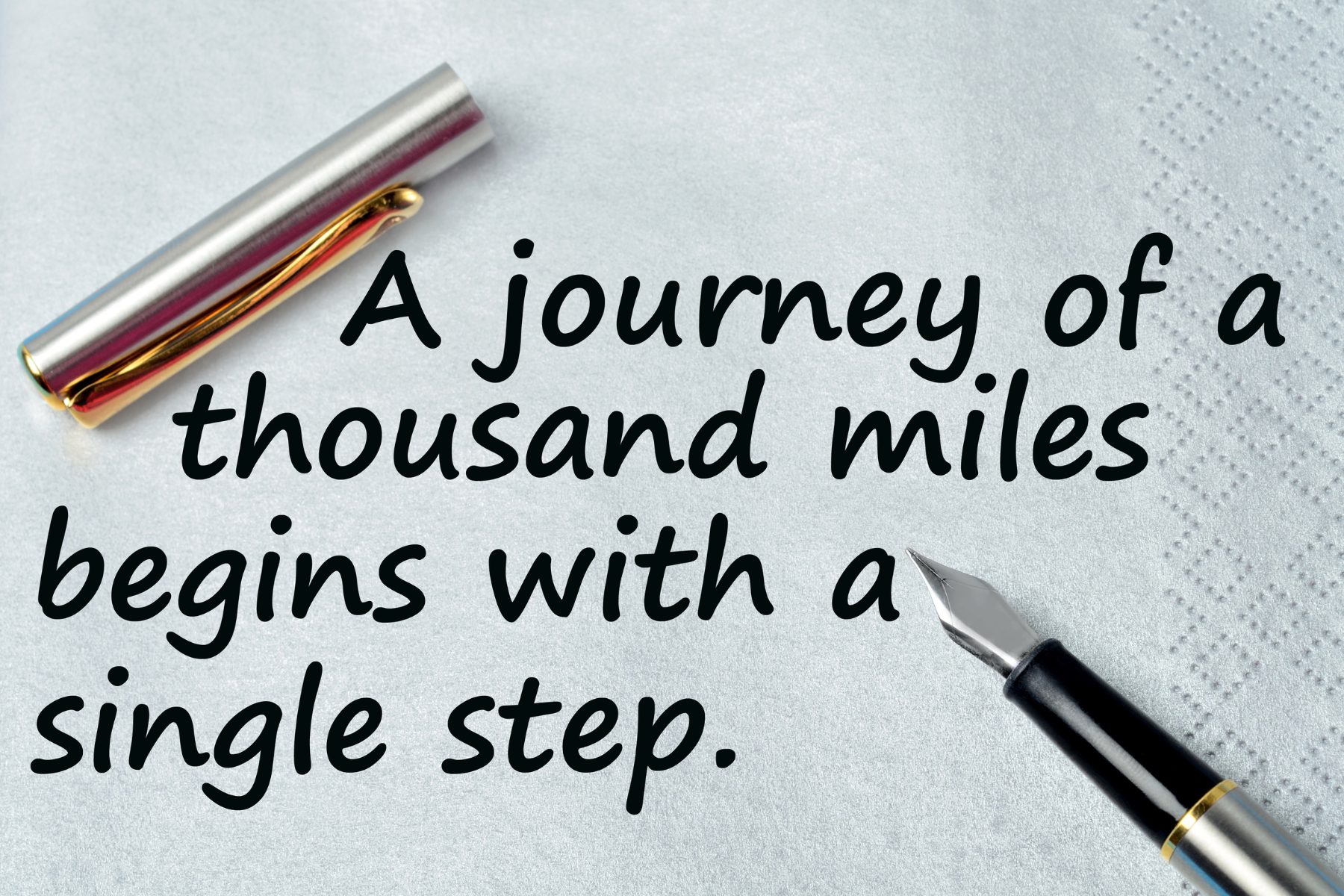
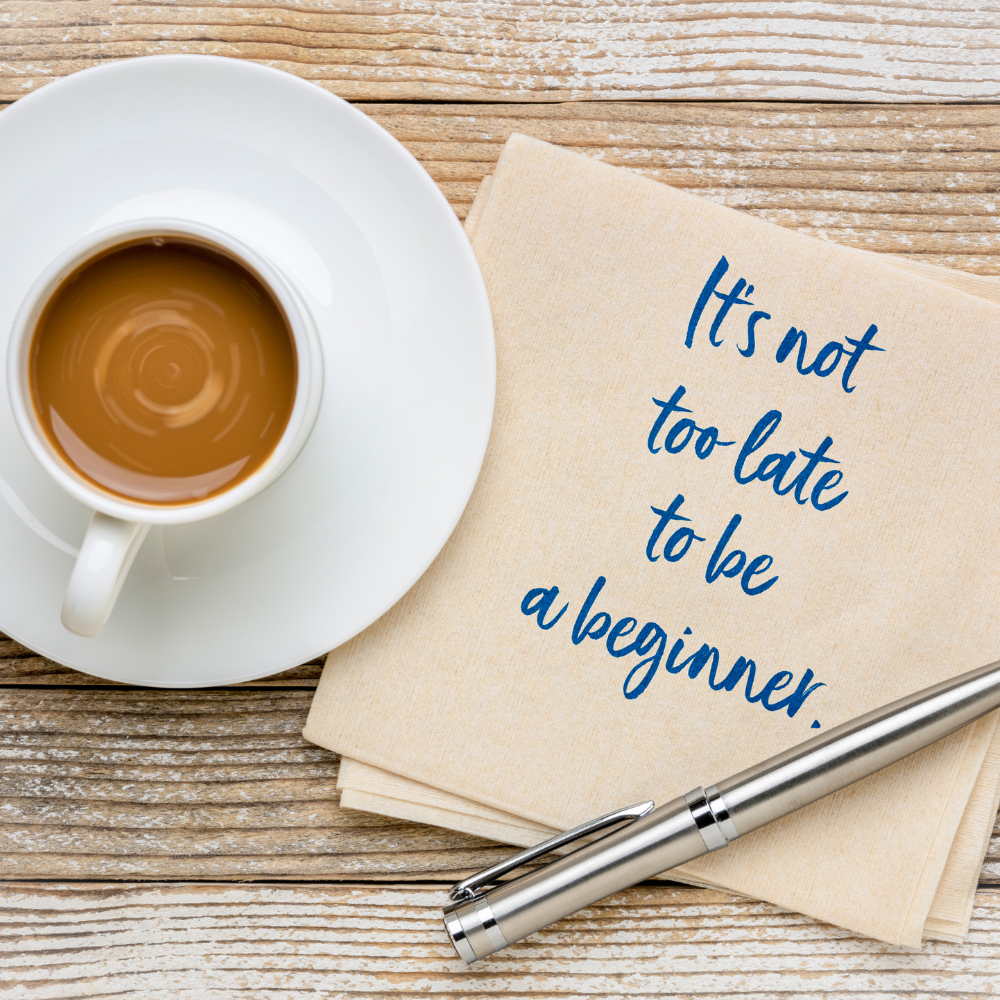
The Journey Towards Success
So, to sum it all up: failure is not something to be feared or avoided at all costs.
Instead, it's a necessary part of the creative journey and an essential tool for personal growth and success.
Embracing failure means accepting that mistakes will happen, but they're not the end of the road.
Failure isn't fun, but it's fundamental.
It's the clay from which we mold our successes, so remember, don't fear the fumble.
At the end of the day, failure is not the antithesis of success—it's a part of it.
It's through our missteps and blunders that we find our way to our greatest achievements.
Instead, embrace it, learn from it, and let it propel you towards your creative success.
The next time you find yourself face-to-face with failure, remember: it's not the end of the world, it's the beginning of a new masterpiece.
So, go ahead, embrace the art of failure, and watch as it transforms your creative journey.
Now, go out there and fail fantastically!
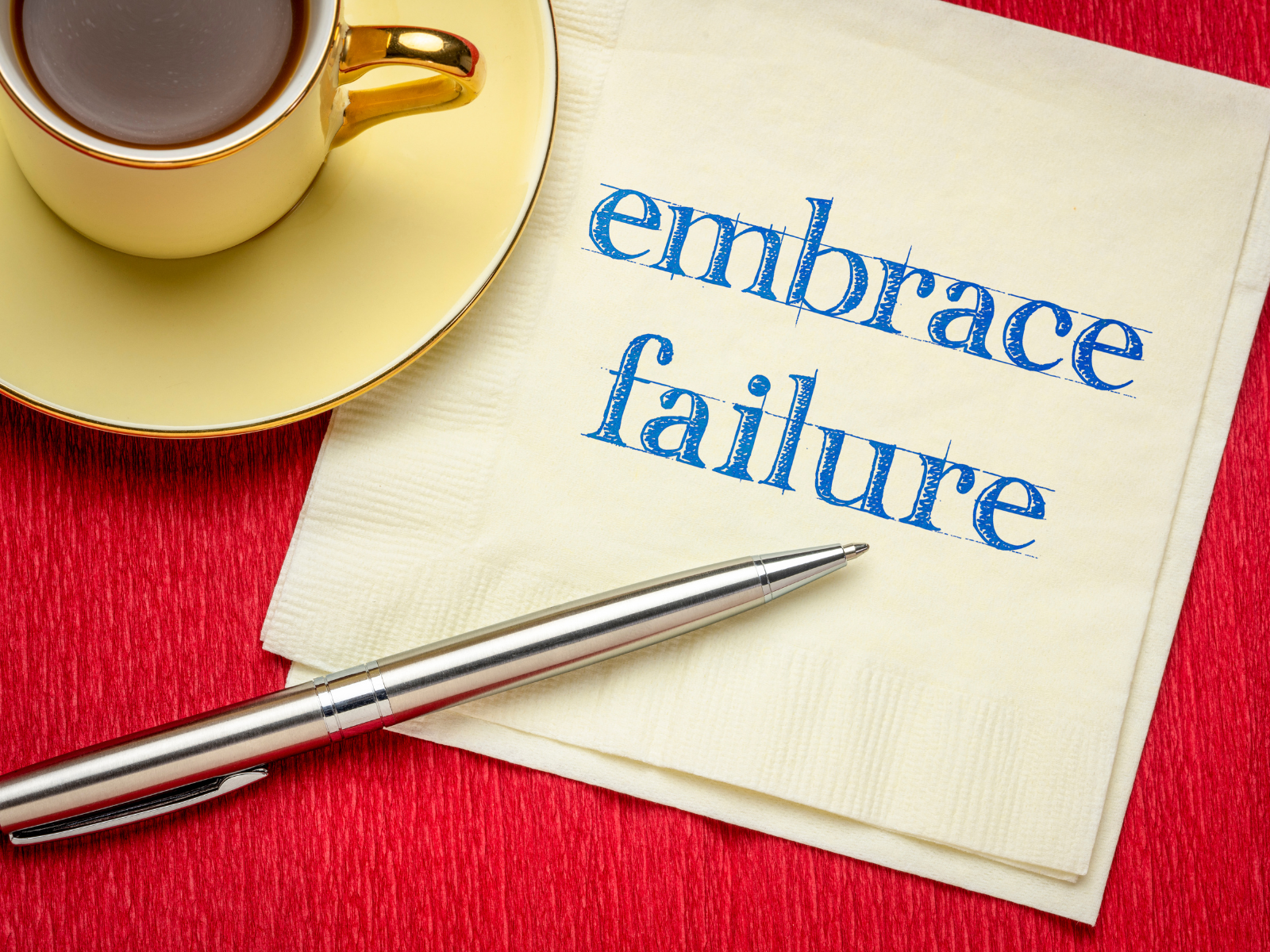

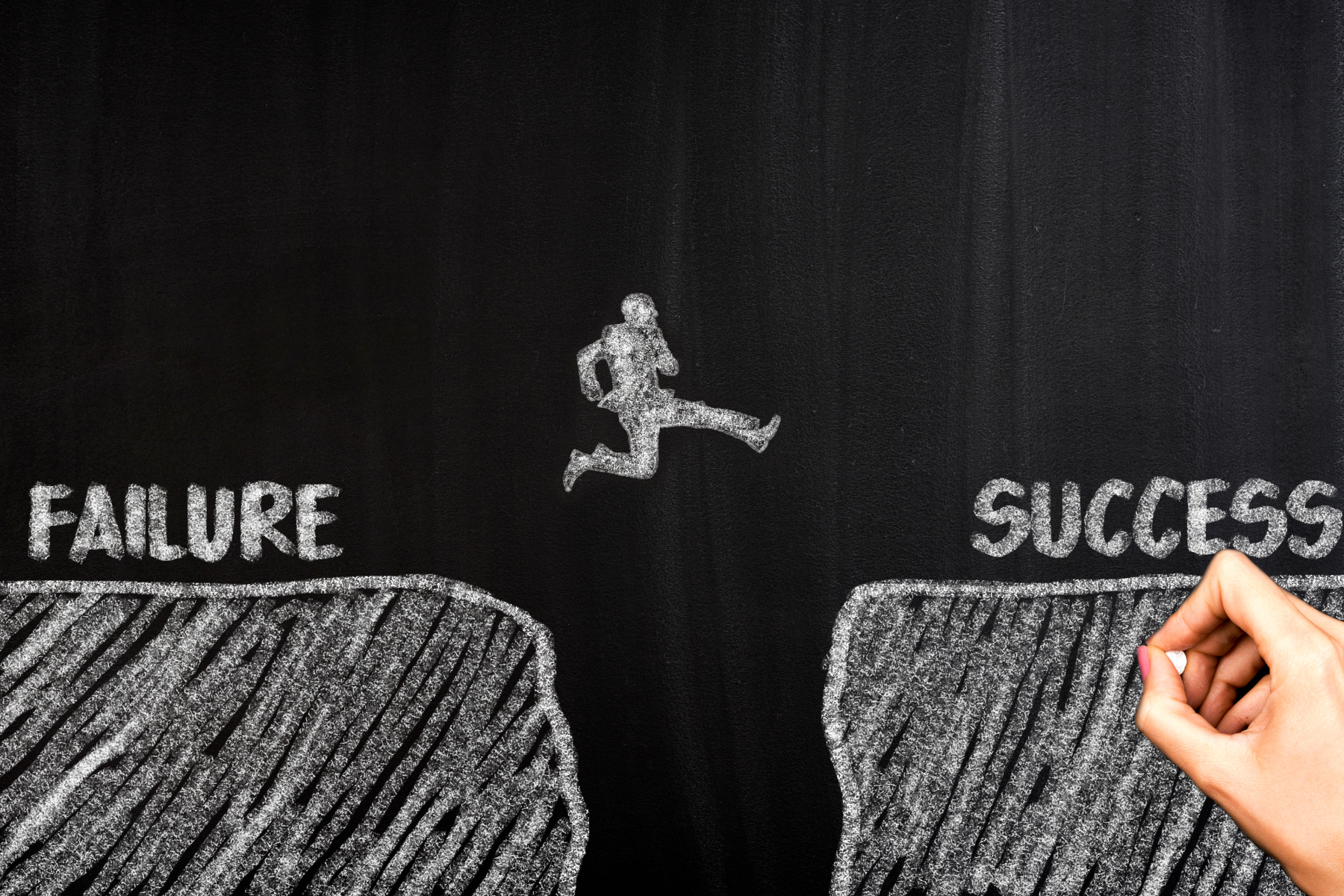
Eager to learn more about creativity and failure? Check out TEDx Talks' video!
Want even more content about creativity and art?
Be sure to check out all of our creative chronicles!
Eager to explore your creativity?
Check out some of our other articles:
-Self-doubt: enemy to creativity
